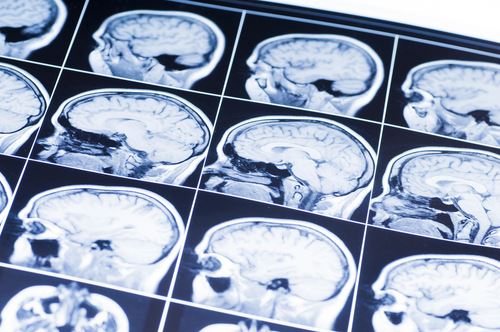 Traumatic brain injuries can subject victims to serious setbacks, and in the most severe cases, can alter their lives forever. Because brain injuries are known for their unpredictable nature, arriving at an accurate diagnosis is critical for treatment, prognosis, and a victim’s understanding of symptoms and the steps they need to take moving forward.
Traumatic brain injuries can subject victims to serious setbacks, and in the most severe cases, can alter their lives forever. Because brain injuries are known for their unpredictable nature, arriving at an accurate diagnosis is critical for treatment, prognosis, and a victim’s understanding of symptoms and the steps they need to take moving forward.
Whether a brain injury occurs as a result of blunt force trauma – which commonly occurs in car accidents, as a result of falls, or other situations which cause the brain to rapidly accelerate forward and back or side to side within the skull (for example, in the case of whiplash), it is essential for victims to seek medical treatment as soon as they recognize that things are different since the accident occurred; such as where headaches, foggy thinking, memory problems or other cognitive or emotional differences are being experienced. Not only is this critical to one’s health, it can be vital to any future personal injury claim to have the problems documented as having occurred immediately or shortly after the accident.
There are a number of methods doctors use to diagnose brain injuries, these include:
- Examinations – Initial examinations provide tremendous insight into the nature of an injury. By speaking with a doctor, victims can explain the nature of their accident, including whether they suffered trauma to the head, and whether there was any loss of consciousness. Because loss of consciousness is not the only indicator of a brain injury, victims can also discuss their symptoms, which can help doctors in arriving at a diagnosis, especially if a brain injury does not result in severe trauma to the brain.
- Brain imaging – Brain imaging can be an essential step toward diagnosing and proving TBI, and can help identify if whether there are serious complications such as hemorrhaging. Doctors may use a number of tools to assist them in constructing images of the brain and any visible damage, including CT scans, MRIs, and PET scans.
- Cognitive evaluations – Because not all TBIs present severe damages on imaging tests, doctors and specialists may conduct further evaluations to determine whether a victim is experience cognitive deficits. If the doctor believes that the accident has precipitated cognitive deficits, a neuropsychological evaluation likely will be ordered; this is a series of tests designed to pinpoint which areas of the brain are not functioning properly. If seizure activity is suspected, the doctor will likely order an electroencephalogram (EEG) test to see if the brain's electrical functions have been damaged. Psychological therapy may also be prescribed to help the victim deal with the effects of the TBI. Brain injuries can be difficult to treat, but they should always be taken seriously and diagnosed properly if victims are experiencing symptoms, including fatigue, confusion, sensitivity to sound or light, headaches, and more. Should a brain injury result from preventable accidents and negligence, victims need to remember that any costs associated with their treatment are recoverable through personal injury claims.
If you have questions about a traumatic brain injury, including mild TBIs, resulting from a preventable accident, our attorneys at Biren Law Group can help you learn more about your rights and medical treatment during a FREE consultation. Call (310) 896-4345 to speak with a member of our team.

